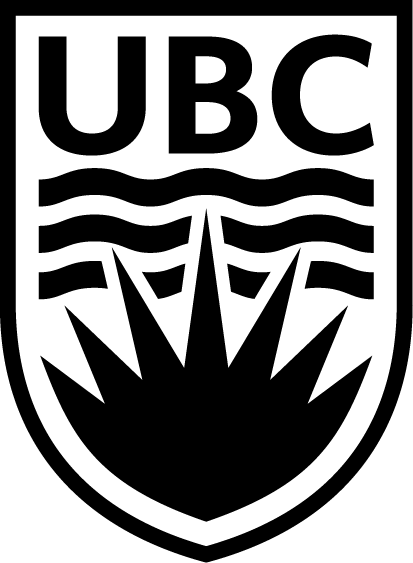
THE UNIVERSITY OF BRITISH COLUMBIA

THE UNIVERSITY OF BRITISH COLUMBIA
Rationale: Air pollution caused by wildfire smoke is linked to adverse health outcomes, especially for people living with asthma. Objectives: To evaluate whether government rebates for high-efficiency particulate air (HEPA) filters, which reduce concentrations of smoke particles indoors, are cost effective in managing asthma and preventing exacerbations in British Columbia (BC), Canada. Methods: We used a Markov model to analyze health states for asthma control, exacerbation severity, and death over a retrospective time horizon of 5 years (2018-2022). Concentrations of wildfire smoke-derived particulate matter with an aerodynamic diameter ⩽2.5 μm (PM2.5) from the Canadian Optimized Statistical Smoke Exposure Model and relevant literature informed the model. The base-case analysis assumed continuous use of a HEPA filter. Costs and quality-adjusted life-years (QALYs) resulting from varying rebates were computed for each Health Service Delivery Area (HSDA). Measurements and Main Results: In the base-case analysis, HEPA filter use resulted in increased costs of $83.34 (SE, $1.03) and increased QALYs of 0.0011 (SE, 0.0001) per person. The average incremental cost-effectiveness ratio among BC HSDAs was $74,652/QALY (SE, $3,517), with incremental cost-effectiveness ratios ranging from $40,509 to $89,206 per QALY in HSDAs. Across the province, the intervention was projected to prevent 4,418 exacerbations requiring systemic corticosteroids, 643 emergency department visits, and 425 hospitalizations during the 5-year time horizon. A full rebate was cost effective in 1 of the 16 HSDAs across BC. The probability of cost-effectiveness ranged from 0.1% to 74.8% across HSDAs. A $100 rebate was cost effective in most HSDAs. Conclusions: The cost-effectiveness of HEPA filters in managing wildfire smoke-related asthma issues in BC varies by region. Government rebates up to two-thirds of the filter cost are generally cost effective, with a full rebate being cost effective only in Kootenay Boundary.
RELATED RESEARCH: